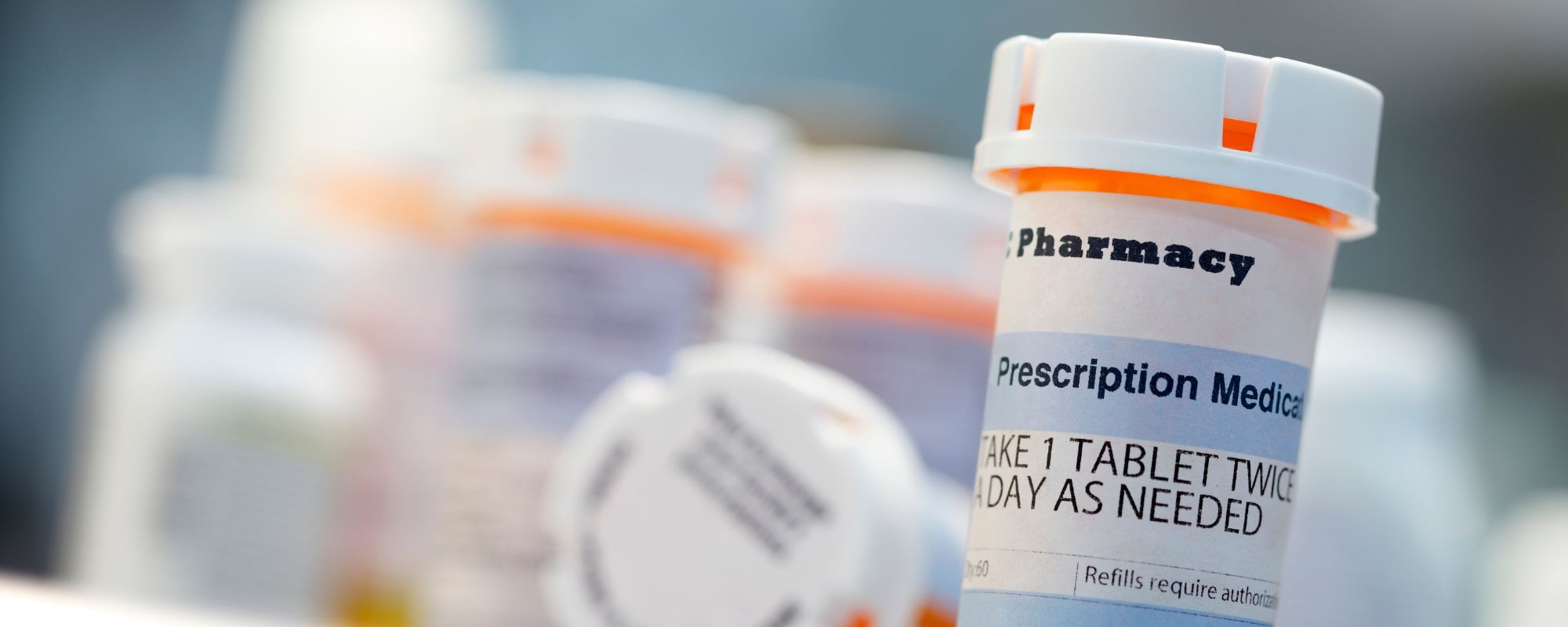If you are reading this, chances are that you or someone you know is struggling with substance abuse. Those in recovery know it’s not just about abstaining from drugs or alcohol; it’s about changing your self-perspective, which can be a key factor in maintaining long-term sobriety.
Self-perspective refers to the way you see yourself and your place in the world. It influences your thoughts, feelings, and behaviors, and can be shaped by your experiences, beliefs, and values. For people struggling with addiction, self-perspective can be a major obstacle to recovery. Negative self-talk, self-blame, and feelings of shame and guilt can prevent them from seeking help or making progress in their recovery journey.
In this article, we’ll go over self-perspective, why changing self-perspective is critical for recovery, and how to improve it.
Why is Self-Perspective Important?
Research shows that self-perspective is intimately linked to the likelihood to use drugs or alcohol. For instance, a study in the Journal of Drug Issues found that substance abuse problems among young people could be linked to negative self-perspective issues. Another study found that poor self-esteem was correlated with a higher likelihood of substance abuse.
Self-perspective also impacts the likelihood to relapse. In a study of patients at a methadone clinic, those who had more confidence in their abilities to accomplish goals were less likely to relapse.
Ten Tips for Improving Self-Esteem
Recovery is an opportunity to change your self-perspective and develop a new sense of self.
Here are ten tips for changing self-perspective:
1. Challenge Your Negative Self-Talk
Negative self-talk can be a major roadblock to recovery. It can make you feel hopeless, powerless, and unworthy of help. To challenge your negative self-talk, start by identifying the thoughts that are holding you back. Write them down and then ask yourself if they are true, helpful, and constructive. If they are not, replace them with positive affirmations or realistic statements that support your recovery goals.
2. Let Past Mistakes Go
We have all done things in our lives that we regret. It can be hard sometimes, but it’s important to avoid living in the past. Forgive yourself for your past mistakes and accept that, like all human beings, you are imperfect.
3. Practice Self-Compassion
Self-compassion means treating yourself with kindness, understanding, and acceptance. It can be hard to practice self-compassion when you are struggling with addiction, but it is an essential part of recovery. Instead of blaming yourself for your addiction, acknowledge that it is a disease and that you are not alone in your struggle. Treat yourself with the same kindness and compassion that you would offer to a loved one.
4. Don’t Dismiss Compliments
The inability to accept compliments is a hallmark of poor self-perspective. We all have things that we are proud of. Recognize and celebrate these accomplishments, and don’t be shy to accept compliments. If someone else acknowledges a success, take it as a sign that you are on the right path.
5. Set Realistic Goals
Setting realistic goals is an important part of recovery. It can help you stay motivated and focused on your progress. However, it is important to set goals that are achievable and realistic. Don’t try to do too much too soon, as this can lead to frustration and disappointment. Start small and build on your successes.
6. Make Eye Contact in Conversations
Making eye contact can show others that you are confident and self-possessed. It can also help improve your self-perspective and make you feel more positive about yourself. Try making eye contact when talking to people in your recovery group or your therapist. Even if it feels uncomfortable, keep at it and you’ll be rewarded.
7. Surround Yourself With Positive Influences
Surrounding yourself with positive influences can help you maintain a healthy self-perspective. This can include friends, family members, support groups, or other people who support your recovery goals. Avoid people or situations that trigger your addiction or undermine your self-esteem.
8. Be Kind to Others
Small acts of kindness can help you feel good about yourself and remind you that you have the power to make positive changes in your life. Whether it’s reaching out to a friend in need or helping a stranger, being kind to others can help you stay connected to your values and build a positive self-perspective.
9. Celebrate Your Successes
Celebrating your successes, no matter how small can help you stay motivated and build your confidence. Take the time to acknowledge your progress and be proud of yourself. This can help you to change your self-perspective and stay focused on your recovery goals.
10. Seek Professional Help
If low self-esteem is interfering with your daily life, consider seeking help from a mental health professional. They can help you identify underlying issues and provide strategies for changing your self-perspective.
A Word From South Coast
Changing your self-perspective is an essential part of recovery from substance abuse. It involves recognizing the need for change, challenging negative self-talk, building a support system, and identifying and pursuing goals. By changing your self-perspective, you can develop a more positive outlook on life and improve your chances of successful recovery.
If you or a loved one are struggling with substance use issues, South Coast Behavioral Health can help. Our residential inpatient treatment program in California features a wide range of therapy modalities, including cognitive behavioral therapy. Call us today at 888-507-2649 to learn more about our programs and how we can help you take control of your life.
REFERENCES:
- Self-Perception and Relative Increases in Substance Use Problems in Early Adulthood – PMC
- The Role of Self-esteem in Tendency towards Drugs, Theft and Prostitution – NCBI
- Relationship between Addiction Relapse and Self-Efficacy Rates in Injection Drug Users Referred to Maintenance Therapy Center of Sari, 1391 – PMC






